We represent Deaf and Disabled members in Equity.
As the Deaf and Disabled Members Committee we advise the Equity Council and take approved action on any equal opportunities matters and discrimination on the grounds of disability relevant to the professional employment of Equity members.
Our priorities
- Discuss with industrial committees terms to support safety, access and opportunity for deaf, disabled and neurodivergent members (eg use of Access Co-Ordinator’s and riders and appropriate Covid 19 risk assessments to ensure equal access) to be included in newly negotiated agreements.
- Consider access terms for self-tapes including; taking into account over complicated or vague taping instructions, the time scale the process demands for those of different abilities, the lack of IRL direction to explain what's needed for visual learners, and the practical and technical barriers which can be experienced by deaf, disabled & neurodivergent artists.
- Provide meaningful and actionable contributions to National Committees and ensure Nations are represented within the DDMC
- Ensure observers attend National Committees
- Request representatives from Nations attend DDMC
- DDMC meetings to take place across UK
- Lobby government and other agencies to include freelancer voices in their policies and programmes with regards to access to work and ESA
- Work with broadcasters and other engagers
- Work with disabled-led organisations
- Consider achievable toolkit and training options including video guides
- Focus on empowerment including access to language and ability for all to contribute and fully participate in events and meetings, including with reference to Covid 19
- Highlight successful legal claims
- Ensure that the climate crisis agenda is included in DDMC activism and DDMC is present within the green new deal network
- Ensure understanding of intersectionality is embedded into recruitment campaigns
- Focus on outreach
Who we are
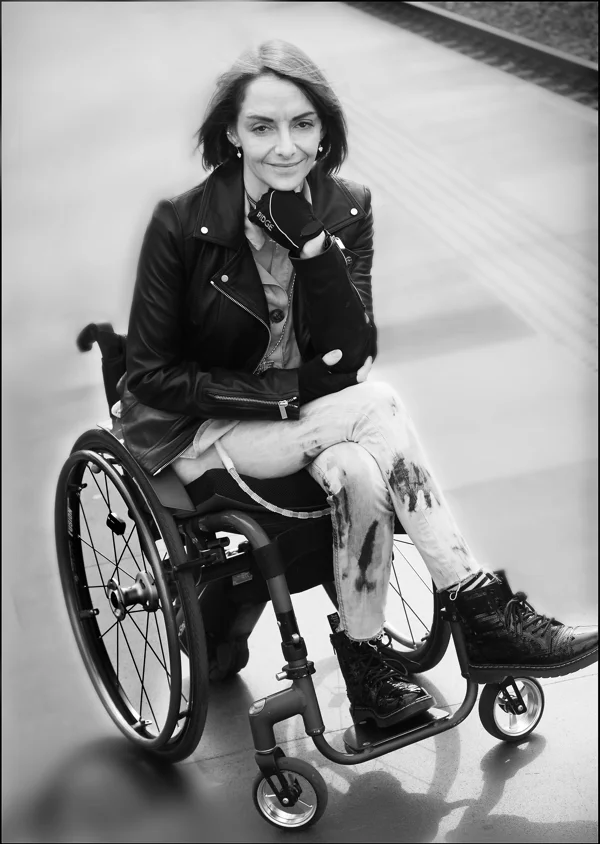
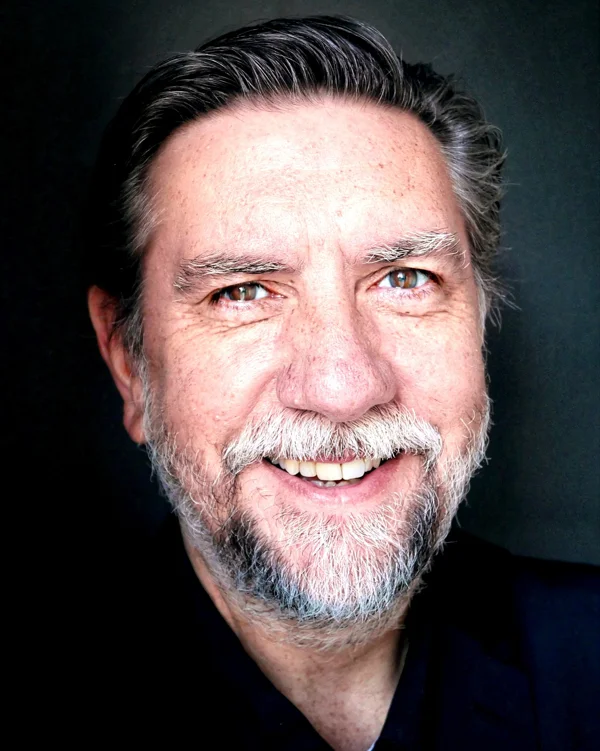
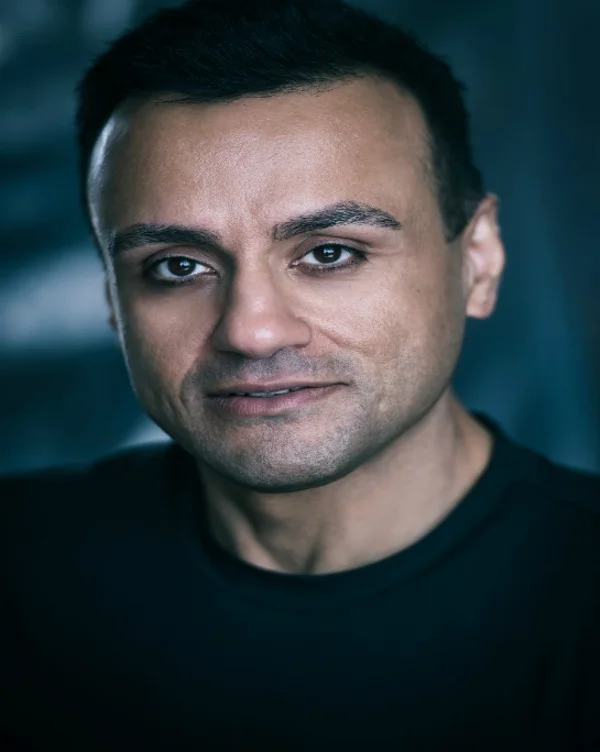
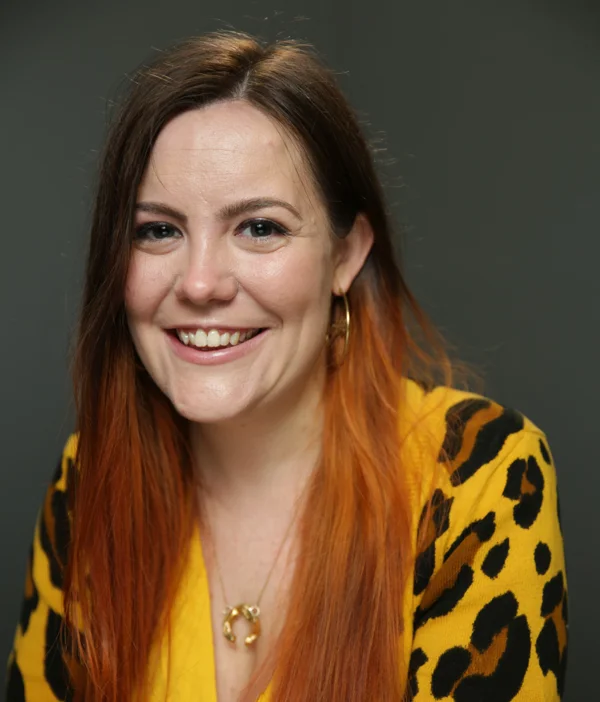
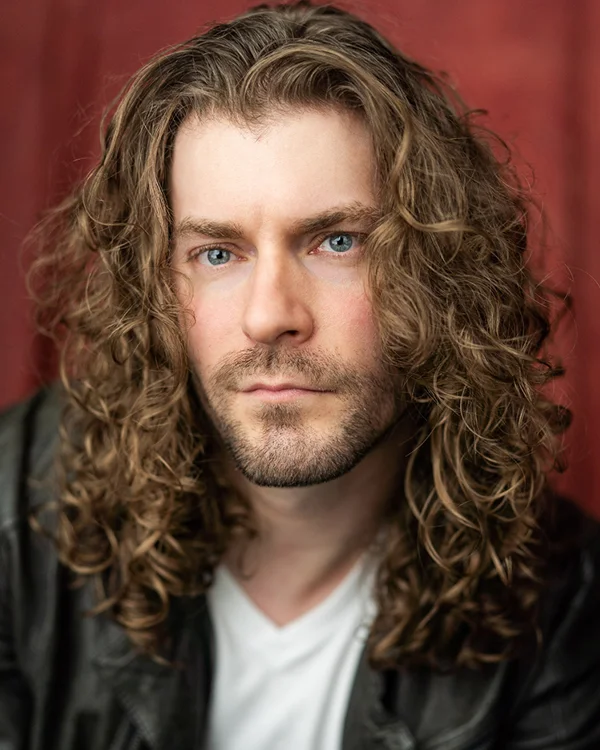
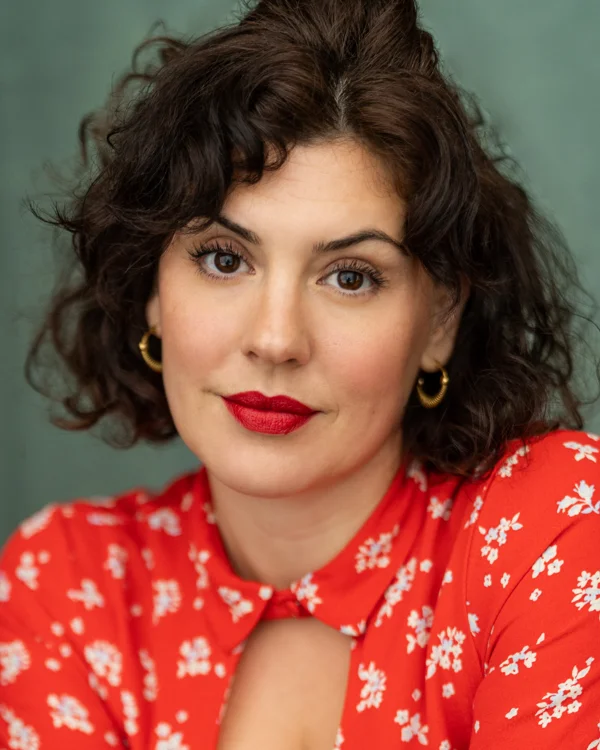
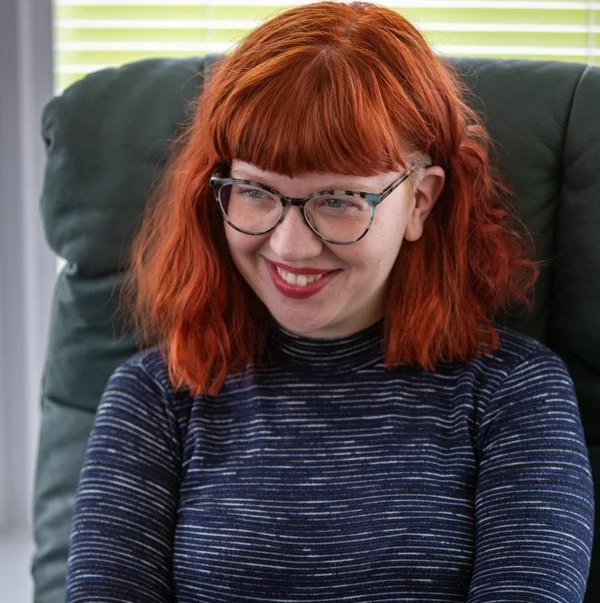
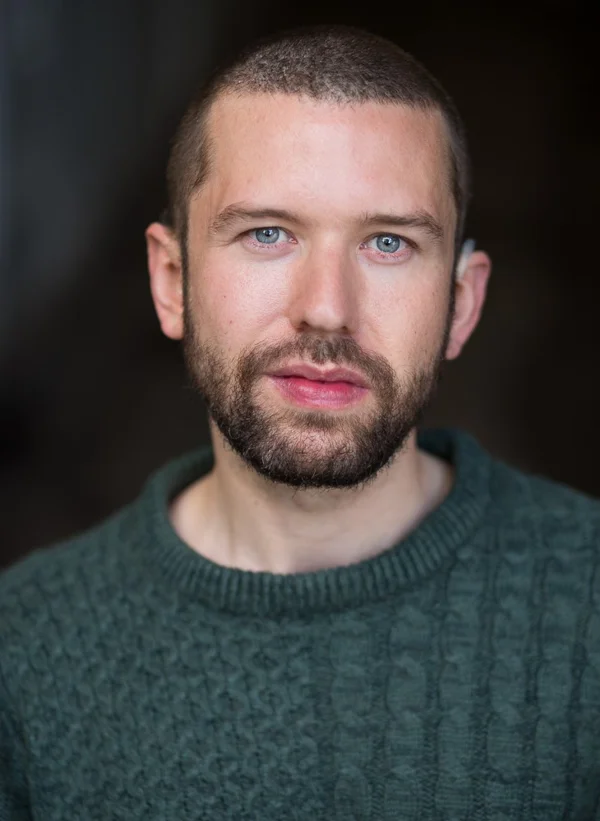
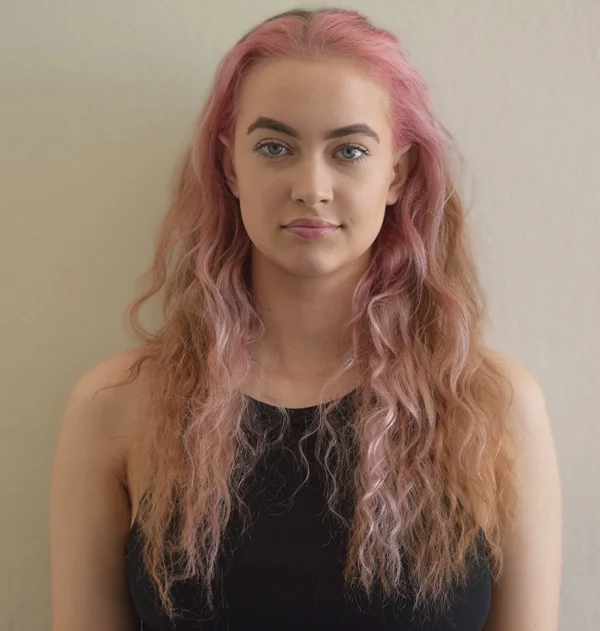
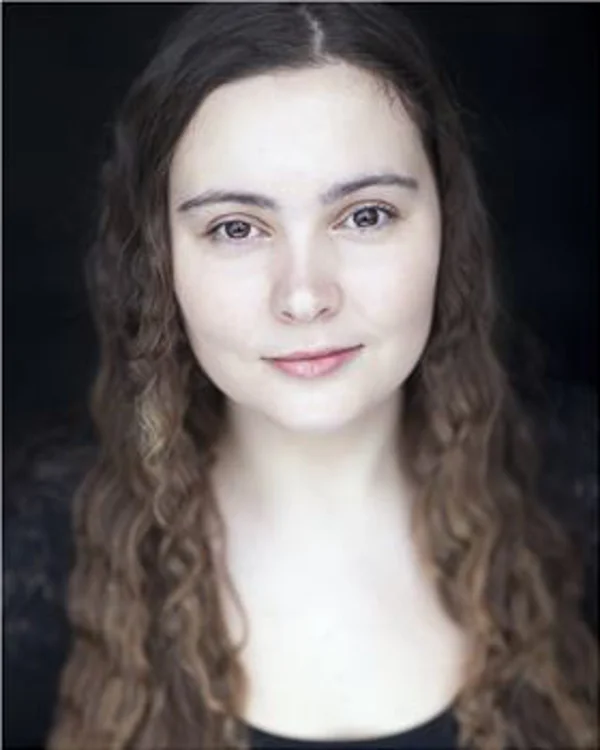
Casting guide for deaf, disabled and neurodiverse dancers
What you can do to remove barriers across your creative process.
Advice for visually impaired actors
Be aware that blindness is a huge spectrum.
Guide to good practice with BSL in the arts
Guidance for deaf actors and hearing actors with an acquired level of BSL whom should only ever be cast in hearing roles.
Accessibility
Our commitment to accessible communication
Access to Work
Guidance on what Access to Work is and how it works.
Further resources available at Access to Work: A Guide for the Arts and Cultural Sector - Disability Arts Online.